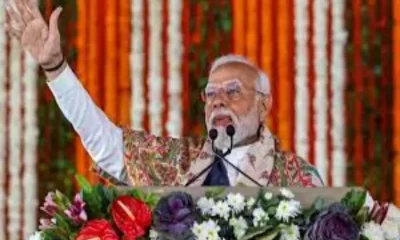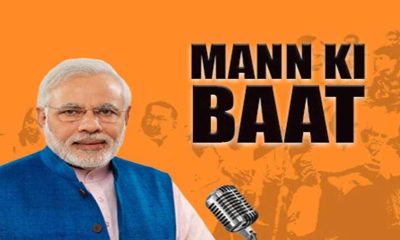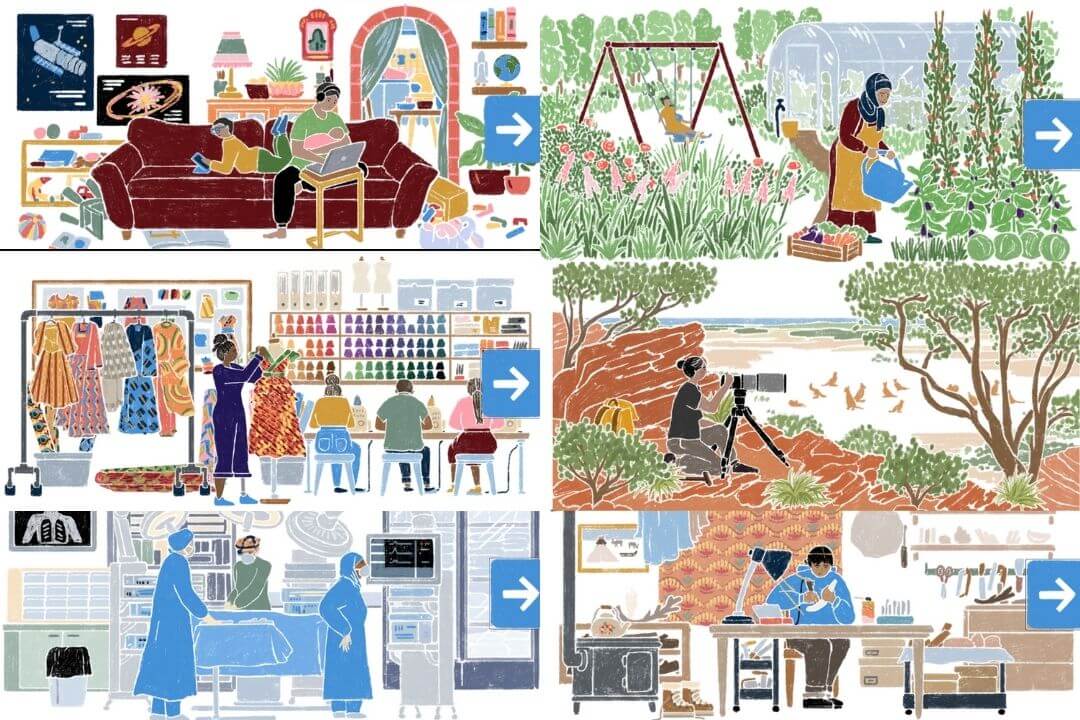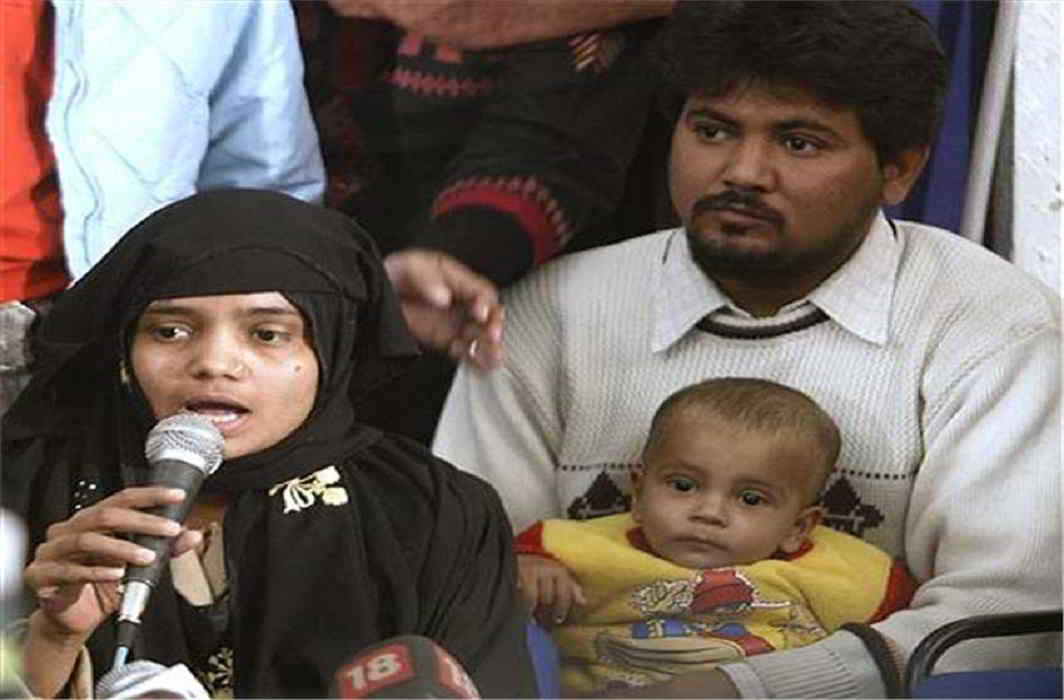[vc_row][vc_column][vc_column_text]Mumbai-based clinical psychologist Dr Prathishta Trivedi has specialised in counselling victims of violence. These include women who have faced acid attacks and who remain psychologically traumatised by this horrific act. She addresses mental health issues for women and children in both government and private hospitals. On International Women’s Day, Rashme Sehgal interviews Dr Trivedi
What is the immediate trauma women face when acid is thrown at them? Can you describe this?
Immediately after the acid attack, the victim will suffer very, very intense physical and psychological trauma. The acid burns their skin. If it is thrown on the face, the eyelids, lips can burn, the nose and ears can shrivel and if they inhale the fumes, it will burn their insides, too. Acid burns you, the flesh melts and sticks together and the internal organs can get affected. If the scar tissue stretches and covers the nose, the victim has a problem in breathing. A victim can become unconscious though she will not die immediately. At the time of the attack, the psychological trauma is secondary.
What is the nature of the psychological trauma they experience?
Victims of acid attack suffer a complete loss of identity. When we look into the mirror, we see two eyes, a nose, a pair of lips. After the attack, the physical appearance gets significantly distorted and the individual finds it very difficult to adjust to this. After all, not only do they have to perceive themselves under the changed circumstances but outsiders, whether it is family or members of society, are also looking at them. The person feels very helpless. The first question they ask me when they come for counseling ‘why me’? They also realise just how little freedom they actually have. These victims tell me that they believed they had freedom over their lives and so, if they turned down a proposal or said no to getting married, they did so under the belief that they could do so. Not once did they realise they would be made to pay such a heavy price. Most of these victims belong to the 15-25 age group. Following the attack, they suffer recurrent nightmares; they cannot sleep; they are scared of stepping out of their homes. This post acid traumatic syndrome stays with them for a long time.
India is witnessing an increasing number of acid attacks and NGOs dealing with acid attack victims warn that the numbers went up to 1,600 attacks in 2016. The Acid Survivors Foundation India had collated from newspaper reports that there were 80 victims in 2010.
I do not know the exact numbers but many of these victims belong to the lower socio-economic sections though I would not like to generalise. Very few victims are able to come for individual counselling sessions. Some of these women will approach NGOs and human right organisations for assistance but mental health takes a back seat in their lives. That is very unfortunate because they all suffer from tremendous levels of depression and stress. Often, when NGOs call us to interact with these victims then they realise we are available to help them. I think only ten per cent of victims seek any kind of psychiatric assistance. It’s a very bleak situation.
You see, counselling is a long term intervention and can carry on for years. Mental health by law is not considered a necessity. The Supreme Court has directed that each victim be given Rs three lakhs and not be charged for medical treatment. Each of these victims often has to undergo 50 to 60 plastic surgeries for the face reconstruction. In a government setting, they are not charged and they seldom approach private hospitals for assistance.
How do the victims feel during this long process of reconstructive surgery?
The impact of the acid attack is for everyone to see. Everyone knows what has happened. Unfortunately, the talk around them is very negative because people stop treating them the way they used to before the attack.
I would say these victims need rehabilitation; they need a job. I believe they lead very lonely lives. They also suffer from an acute sense of fear. Every time they meet people, they are scared they may be attacked again. Even when victims want to come out of it, people don’t allow them to do so. They are boxed into that experience because their entire life is being defined by the attack.
When they wear clothes or comb their hair, their attempt will be to cover their scars. Their physical, social and occupational life is defined by this. They need empathy, they do not need pity.
Are parents supportive of acid victims?
Parents are supportive but they are also helpless. Many of them suffer from a lack of resources and that can prove a major obstacle in helping the victim.
Why are shopkeepers still permitted to sell acid over the counter?
Our laws are not strict. For any law to be implemented, people must be willing to follow it. Shopkeepers have been asked to take the address of the person buying acid but this is not adhered to. Why should acid be available for shopkeepers? It should be available only in an industrial setting. But I know of an attacker who took out acid from a car battery. Another perpetrator took it out of an industrial setting. Justice needs to be much swifter in punishing the attackers.
What is the psychology of the attacker?
It’s an act of aggression, an act of passion. The perpetrator feels a sense of hurt and injustice and by throwing acid he believes he is getting justice. The perpetrator is performing an act of revenge over a perceived rejection by a woman. Sometimes it is done over a family fight. There are cases of men attacking other men but it remains largely a gendered form of violence.
There is an accusation that some NGOs misuse the funds they have collected in the name of acid victims?
It may be so in some cases. This amounts to adding insult to injury.
How has counselling helped acid victims?
It takes years for them to come out of the trauma, to gain peace of mind and become more empowered because they do feel a great deal of frustration. Doctors do reconstructive surgery but they cannot make the face and body the same as before and the person has to make peace with that. It’s a lot of acceptance. Once that happens, the adjustment process starts.[/vc_column_text][/vc_column][/vc_row]


 Latest world news12 hours ago
Latest world news12 hours ago
 Latest world news12 hours ago
Latest world news12 hours ago
 India News12 hours ago
India News12 hours ago
 Latest world news12 hours ago
Latest world news12 hours ago
 India News12 hours ago
India News12 hours ago












